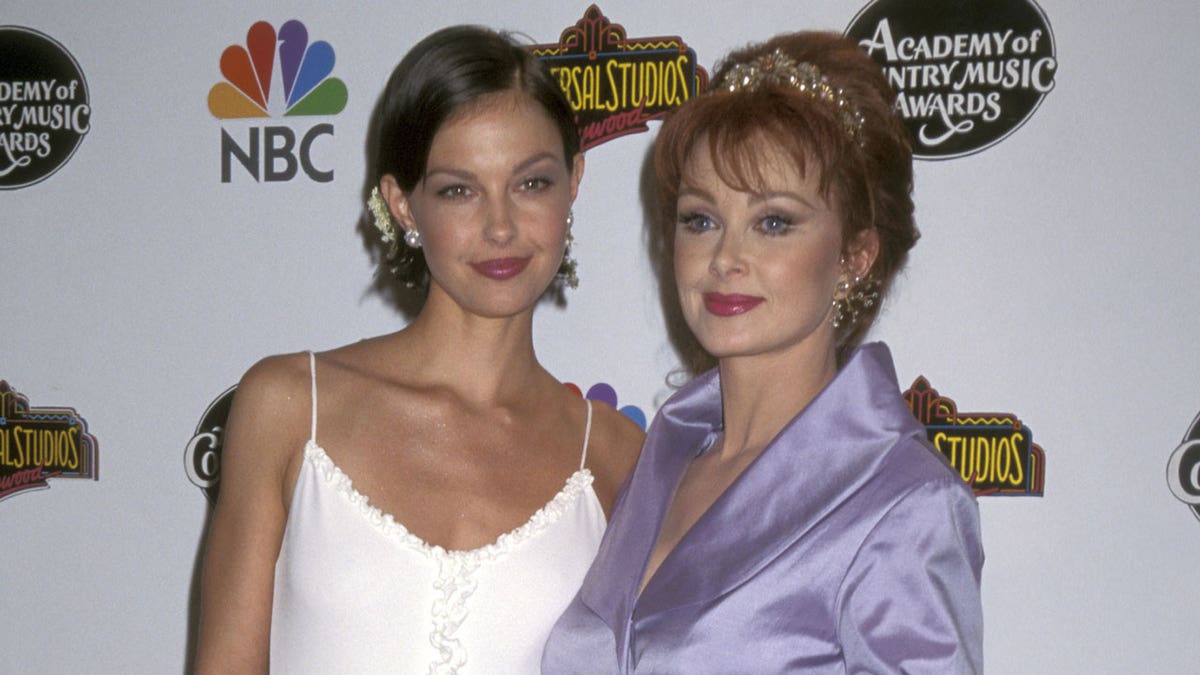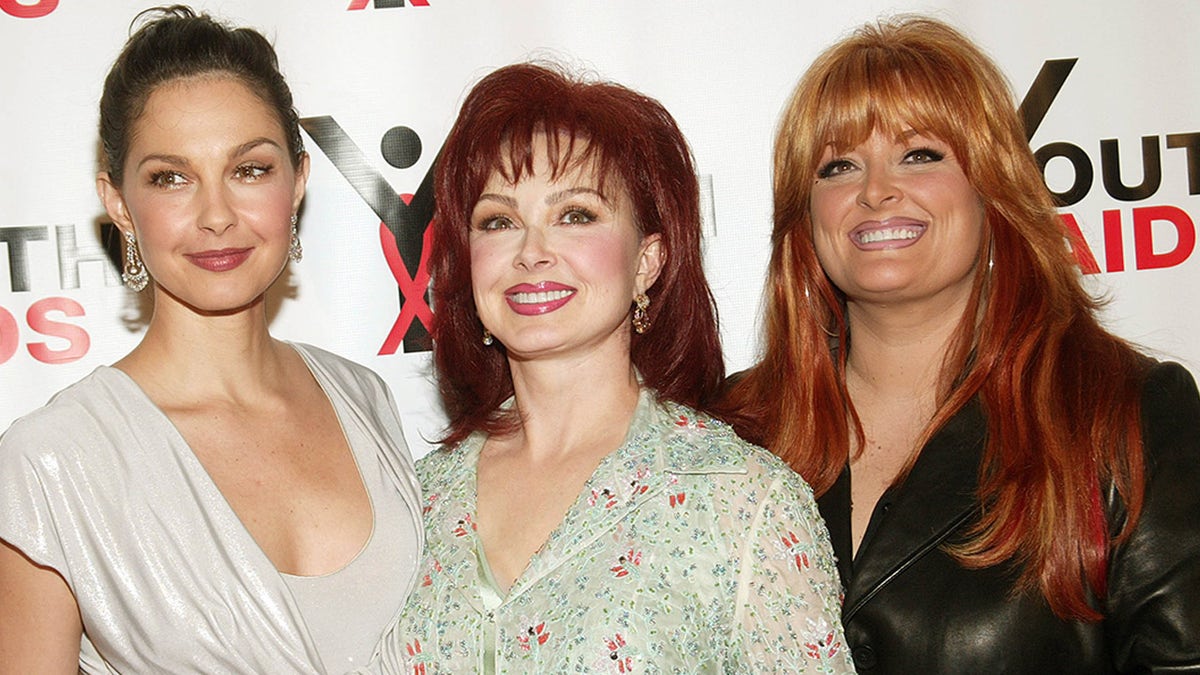Fox News Flash top entertainment headlines of August 31
Fox News Flash top entertainment and celebrity headlines are here. Check out what clicked this week in entertainment.
Ashley Judd claimed she felt "cornered" and "powerless" as police arrived and began investigating Naomi Judd's suicide on April 30.
Ashley, 54, called out law enforcement for the way her mother's death was handled in the immediate aftermath in an op-ed for The New York Times published Wednesday.
The actress revealed she found her mother on that day and held Naomi's "laboring body" before police arrived.
Naomi admitted she spoke to police at the time because "many of us are socially conditioned to cooperate with law enforcement."

Ashley Judd called out law enforcement for the way they handled the investigation of Naomi Judd's suicide in a recent op-ed. ("Good Morning America" / Getty Images)
ASHLEY JUDD REFLECTS ON NAOMI'S SUICIDE: ‘ALL WAS FORGIVEN LONG AGO’
"I gushed answers to the many probing questions directed at me in the four interviews the police insisted I do on the very day my mother died — questions I would never have answered on any other day and questions about which I never thought to ask my own questions, including: Is your body camera on? Am I being audio recorded again? Where and how will what I am sharing be stored, used and made available to the public?" she wrote.
The questioning went on while Ashley wanted to be "comforting" Naomi as the country music star's "life was fading." She claimed the police interviews "felt mandatory."
Ashley noted the specific police who arrived at the home were most likely following "terrible" and "outdated interview procedures."
"I assume they did as they were taught," Ashley said. "It is now well known that law enforcement personnel should be trained in how to respond to and investigate cases involving trauma, but the men who were present left us feeling stripped of any sensitive boundary, interrogated and, in my case, as if I was a possible suspect in my mother’s suicide."
The political activist also wrote about the family's fight to keep the investigative file into Naomi's death from being publicly released. This would include the family interviews with police.
"This profoundly intimate personal and medical information does not belong in the press, on the internet or anywhere except in our memories," Ashley said.

Ashley Judd claimed she felt like a "possible suspect" after being interviewed four times by law enforcement. (Getty Images)
CLICK HERE TO SIGN UP FOR THE ENTERTAINMENT NEWSLETTER
Naomi died by suicide on April 30.
Ashley and Wynonna Judd announced their mother's death via a statement shared to social media.
"Today we sisters experienced a tragedy," the joint statement read. "We lost our beautiful mother to the disease of mental illness. We are shattered. We are navigating profound grief and know that as we loved her, she was loved by her public. We are in unknown territory."
Just weeks before her death, Naomi and Wynonna reunited at the CMA Awards for a performance. The duo also announced they were going back on tour for the first time in 10 years.
"The Final Tour" is now set to begin Sept. 30 in Grand Rapids, Michigan, and end on Oct. 29 in Lexington, Kentucky.
Ashley also explained during the interview that the family has figured out how to grieve in their "individual and respective ways."
CLICK HERE TO GET THE FOX NEWS APP

Ashley Judd wrote about holding her mother's body as she lay dying before being questioned by police on April 30. Ashley, Naomi and Wynonna Judd are pictured together in 2003. (Evan Agostini)
"One of the things that I think we have done well as a family, meaning my pop, my sister, Wynonna, and me, is we have really given each other the dignity and allowance to grieve in our individual and respective ways," she told Kessler during the interview. "And yet, we’ve been able to completely stick together. So, we can be at the same supper table and recognize ‘Oh, this one is in anger.’ ‘This one is in denial,' ‘This one is in bargaining,' 'This one is in acceptance.’ 'I’m in shock right now.' And we don’t try to control or redirect or dictate how the other one should be feeling at any particular moment."
"We may be in slightly different places (with our grief) and, yet we're in community."
If you or someone you know is having thoughts of suicide, please contact the National Suicide Prevention Lifeline at 988.






